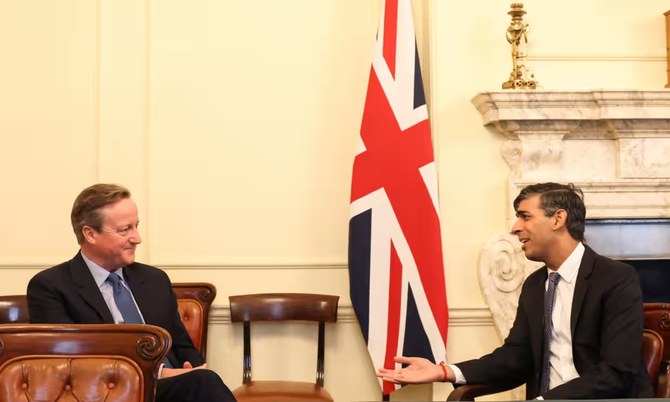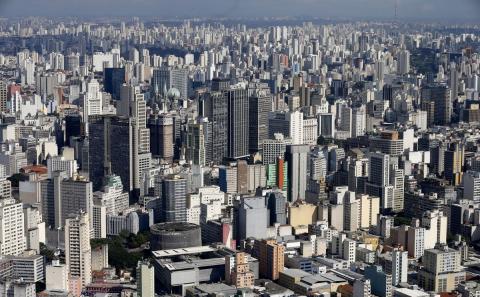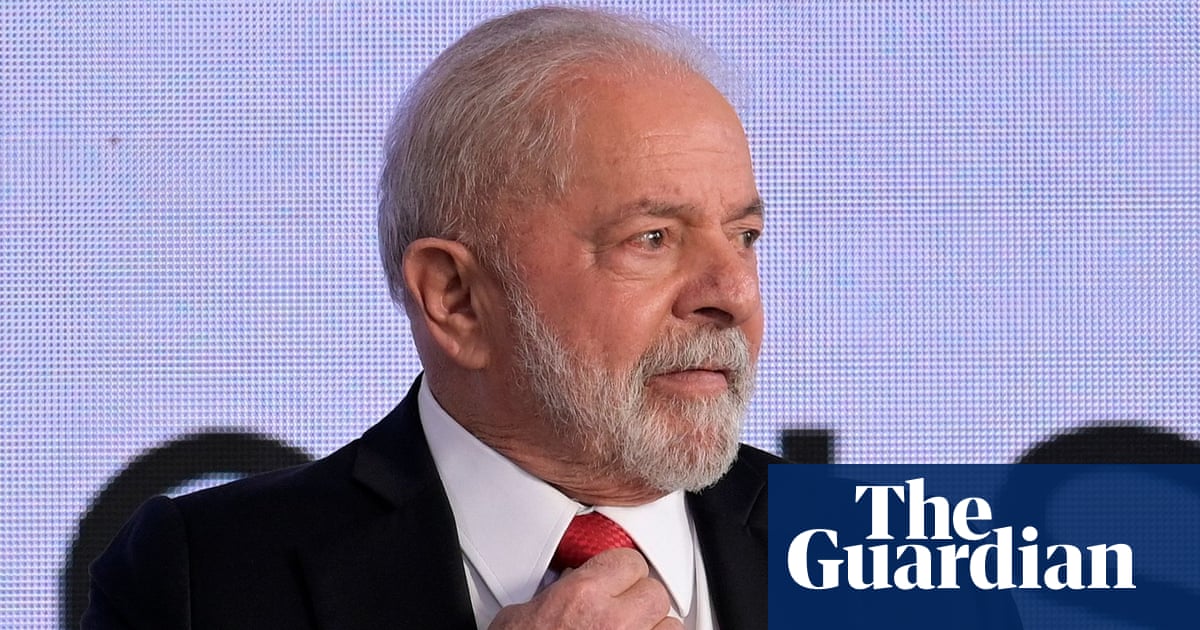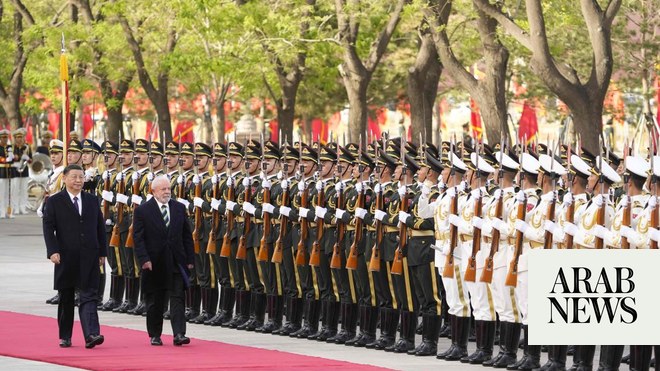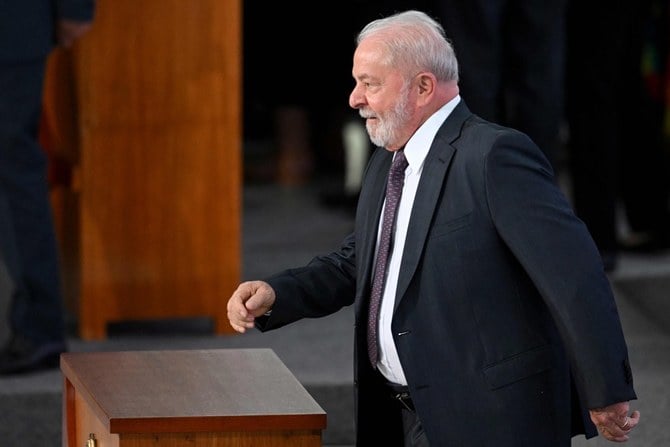
New Brazilian President Luiz Inacio Lula da Silva is a man in a hurry. In the first 24 hours after he was sworn in for his third term on Sunday, he signed a slew of decrees, bringing to life many of his campaign promises.
The decrees covered a wide range of social, economic and political issues. In all of his orders, he has tried to reverse the decisions taken by predecessor Jair Bolsonaro, who, in turn, had overturned several decisions made by the left-wing governments headed by Lula and his successor, Dilma Rousseff.
Lula has suspended new gun registrations for hunters, collectors and sports shooters for two months, saying that buying guns was not the same as buying tomatoes. The number of guns registered in this category had risen threefold during Bolsonaro’s four-year tenure. Lula has also revived his doctrine of disarming civilians with his proposed new rules.
The second lot of decisions taken by Lula was also along expected lines, reviving efforts to save the Amazon basin, where deforestation had risen alarmingly during Bolsonaro’s term, as he had declared open season on the world’s biggest rainforest. Under Bolsonaro, the Amazon was cleared at a rate of millions of acres every year by thousands of cattle ranchers, farmers and loggers. Added to this were forest fires, mainly started by the same people clearing the forests. As a result, according to estimates, the rate of deforestation doubled from about 1.6 million acres per year before Bolsonaro took over to 3.2 million acres in 2022.
Not only did Bolsonaro allow the pillaging of the rainforest and its biodiversity, but he also stopped foreign funds from being deployed to help with the conservation of the Amazon basin. With Lula in place, Germany and Norway say they will revive the fund.
Lula’s first two terms were marked by his consistent efforts to reduce the gaping economic inequality prevailing in Brazil through economic assistance targeted at the most vulnerable sections of society. To continue with that mission, Lula has announced an extension of “Family Bag,” an initiative launched by him that will see about $130 per month going to the poorest families. He has also announced a program to help garbage collectors.
These initiatives are welcome on almost every count. Gun violence has increased in Brazil, while the loss of Amazonian rainforest has not only been noticed by the outside world, but is also an important concern at all relevant international forums, notably climate change meetings.
But perhaps the greatest damage done during Bolsonaro’s four years in power was toward the vast majority of Brazilians who are poor or extremely poor. According to estimates, more than half — or 125 million of the 215 million people in Brazil — face food insecurity and 30 million face hunger. These numbers are set to rise as the real impact of COVID-19 is captured by studies over the coming years. Hence, urgent and large-scale intervention by the government is of vital importance.
Implementing his reforms successfully, smoothly and in a timely fashion is going to be a monumental challenge
Ranvir S. Nayar
Though Lula’s measures have been a key part of his campaign and even his earlier terms, implementing these reforms successfully, smoothly and in a timely fashion is going to be a monumental challenge. His first obstacle will be to transform the reforms from decrees to laws. Brazil is divided between left and right-wing supporters. In October’s elections, Bolsonaro and his right-wing allies won the largest number of seats in both houses of the Brazilian Parliament and they also bagged most of the gubernatorial positions in the provinces.
Also, in the presidential poll, Bolsonaro managed to dramatically narrow the gap with Lula and the final count saw Lula get 50.9 percent of the votes and Bolsonaro 49.1 percent. That means, of 124 million votes cast, fewer than 2 million separated the winner from the loser. Thus, though Bolsonaro may have lost the election, his support base will endure at the federal level, in the regions and also among many people.
Overcoming this divide may prove to be quite difficult, though Lula could perhaps, over time, convince Bolsonaro’s supporters that his measures will benefit them and are what Brazil needs to ensure equitable and sustainable growth.
Yet another hurdle that Lula will have to deal with concerns the economic situation in Brazil. According to OECD estimates, after having grown at a rather modest rate of 2.8 percent in 2022, Brazil’s gross domestic product will increase by just 1.2 percent this year and rise marginally to 1.4 percent in 2024. Low economic growth will certainly hurt the government’s finances just at the time it wants to enhance its social spending. It will be a tightrope walk to ensure that economic growth does not stutter and that Lula is able to deliver on his promises, which are definitely the need of the hour.
Here, Lula’s past experience will help him. After all, when he first took charge, Brazil was in a similar situation — low economic growth, very high inequality and rising hunger. Lula not only managed to tackle the problems, but he also made Brazil a darling of overseas investors, sending economic growth soaring. And his social spending programs registered clear and visible impacts on society, particularly the weakest sections.
Lula could easily turn to his handbook from the past and also learn to live with a less than sympathetic parliament, as long as he is able to bridge the gap with the right wing. It would of course help if Bolsonaro continues to stay in the US, where he went hours before Lula was sworn in.
• Ranvir S. Nayar is managing editor of Media India Group.




